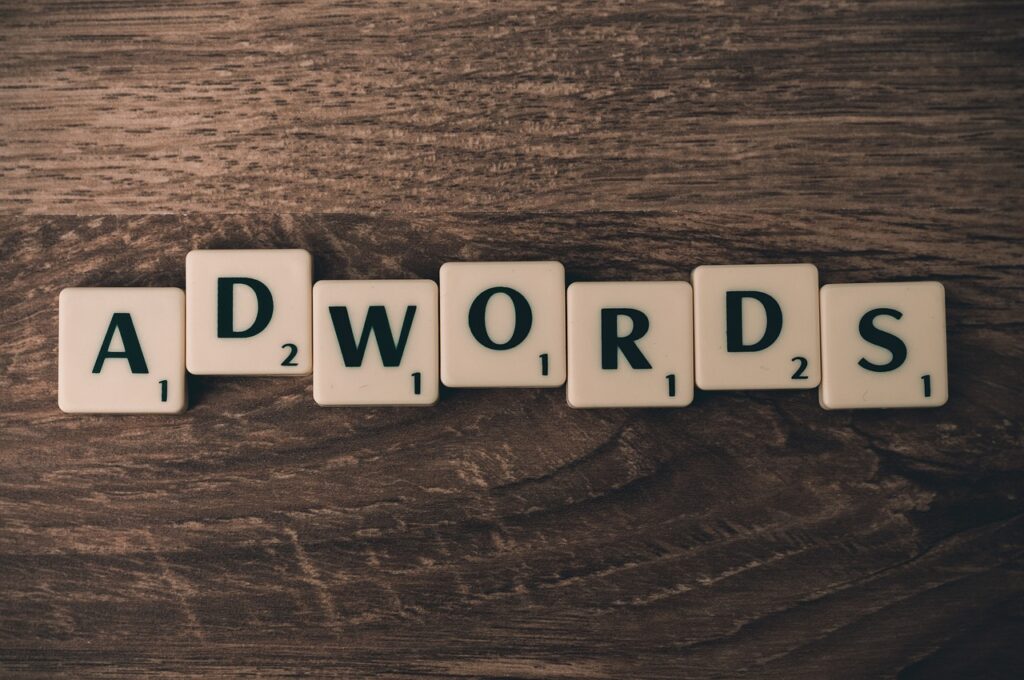In today’s digital world, businesses want results that can be measured. They want to see if their money is being spent in the right place and whether it is bringing sales, leads, or growth. This is where performance marketing comes in. It has become one of the most popular methods for businesses to grow online because it focuses only on results.
This article will help you understand why it matters, how it works, and how small businesses can benefit from it.
What is Performance Marketing?
It is a type of digital marketing where advertisers pay only when a specific action is completed. These actions can include:
- Clicking on an ad
- Filling a form
- Buying a product
- Signing up for a newsletter
Unlike traditional marketing, where businesses spend money without knowing the exact result, performance marketing ensures that every rupee or dollar is linked to a result
Why is Performance Marketing Important?
Businesses, especially small ones, cannot afford to waste money. They need every penny to work hard. That’s why performance marketing is important. It allows businesses to track their spending and understand what is working.
Some benefits include:
- Cost-effective – You pay only when results happen.
- Measurable – You can track clicks, leads, or sales in real-time.
- Low risk – Since you pay for outcomes, there is less chance of wasted money.
- Scalable – You can increase budget if a campaign is working well.
How Does This Marketing Work?
- The process of this marketing is simple but powerful.
- Set a Goal – The first step is to decide what you want: sales, leads, website visits, or app downloads.
- Choose a Platform – Ads can be run on Google, Facebook, Instagram, LinkedIn, or even affiliate websites.
- Run Campaigns – Create ads with clear messages and strong call-to-actions.
- Track Results – Use tools like Google Analytics or Meta Ads Manager to see performance.
- Pay for Results – You pay only when the chosen action is completed.
Types of Performance Marketing
There are different types of models:
- Pay Per Click (PPC): Advertisers pay when someone clicks their ad.
- Pay Per Lead (PPL): Payment is made when a user shares details like email or phone.
- Pay Per Sale (PPS): Payment happens only when a product is sold.
- Pay Per Install (PPI): Used for apps, where advertisers pay when users install the app.
Popular Channels for Performance Marketing
Small businesses can use many channels for-
- Search Engines (Google Ads): Show ads when users search for something.
- Social Media (Facebook, Instagram, LinkedIn): Target people based on interest, age, and location.
- Affiliate Marketing: Pay commissions to bloggers, influencers, or websites for promoting your product.
- Native Ads: Ads shown on websites that look like normal content.
Why Small Businesses Should Use Performance Marketing
For small businesses, budgets are limited. It allows them to spend wisely and grow faster. Here are reasons why it works for them:
- Control on budget – You decide how much to spend and stop anytime.
- Targeted audience – Ads reach the right people at the right time.
- Quick results – Unlike SEO, this brings faster traffic and leads.
- Flexibility – You can test different ads and improve performance.
Best Practices for Performance Marketing
To get the best out of, businesses should follow some simple tips:
- Set clear goals – Know whether you want sales, leads, or awareness.
- Understand your audience – Learn what your customers need and target them well.
- Create strong ads – Use attractive images, simple words, and a clear call-to-action.
- Track and analyze – Always monitor your campaigns and make changes.
- Test different strategies – Try different headlines, visuals, and targeting.
Challenges in Performance Marketing
While performance marketing is powerful, it also comes with some challenges:
- High competition – Many businesses are using ads, so costs may increase.
- Ad fatigue – Users may stop reacting to ads if they see them too often.
- Tracking issues – Sometimes, wrong tracking can give false results.
- Dependence on platforms – Businesses rely heavily on Google, Meta, or affiliates.
Future of Performance Marketing
The future of performance marketing looks bright. With more people shopping online and using smartphones, businesses will continue to spend on result-driven ads. Artificial Intelligence (AI) and automation will make ads smarter and more personalized.
For small businesses, this means more opportunities to reach their target audience without wasting money.
Conclusion
Performance marketing is one of the most effective ways for businesses, especially small ones, to grow online. It ensures that money is spent wisely and results can be tracked. From pay-per-click to pay-per-sale, every model focuses on results, making it a smart choice for businesses of all sizes.
If you are a small business owner, this is the right time to start exploring performance marketing. Set your goals, choose the right platform, run ads, and track results. You will see how your online growth becomes more predictable and successful.
People also visit:Home
